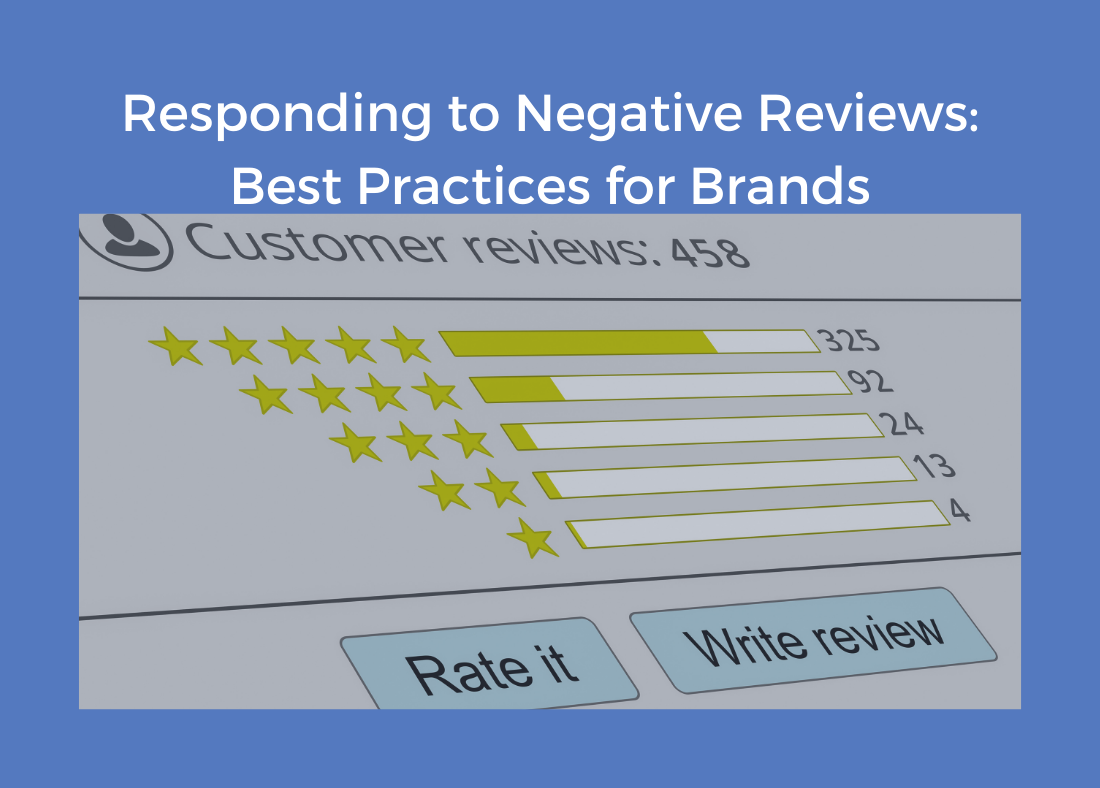Online reviews significantly influence public perception and purchasing decisions. A single negative article can deter over 20% of potential customers, while four or more can drive away up to 70%, according to a study by Status Labs.
Negative reviews can erode trust, deter potential clients, and tarnish a brand’s image. Studies show that 96% of consumers specifically seek out negative reviews when evaluating a product or service. Moreover, 86% of customers hesitate to purchase from companies with negative reviews.
However, it is not all doom and gloom. If handled correctly, negative reviews can actually serve as an opportunity for businesses to demonstrate their customer service capabilities and build trust. A well-handled complaint can sometimes convert a dissatisfied customer into a loyal advocate.
Strategies for Addressing Negative Feedback
- Prompt Response
Address negative reviews swiftly. A delayed response can make the situation worse by giving the impression of indifference. Studies indicate that businesses responding to complaints within 24 hours see an increase in customer trust and satisfaction.
- Empathy and Apology
Acknowledge the customer’s experience and offer a sincere apology. Avoid defensive responses, as these can escalate the situation. Instead, show genuine concern for the customer’s dissatisfaction. A polite and empathetic response can often soften the impact of a bad review.
- Offer Solutions
Propose actionable remedies, such as refunds, replacements, or discounts, to rectify the issue and rebuild trust. Providing a resolution publicly also demonstrates to other potential customers that the business values client satisfaction.
- Take the Discussion Offline
When dealing with particularly sensitive or complex complaints, it is beneficial to move the conversation to private channels. Offering a direct contact number or email address allows for a more personal and constructive resolution without airing grievances publicly.
- Encourage Positive Reviews
Motivate satisfied customers to share their positive experiences. Studies indicate that businesses with a higher volume of positive reviews tend to mitigate the impact of negative ones. Incentivising feedback through follow-up emails or loyalty programmes can help build a strong base of favourable reviews.
- Monitor Online Presence
Regularly track mentions and reviews across platforms to stay informed and respond proactively. Tools like Google Alerts, Trustpilot, and social media monitoring platforms help businesses stay ahead of reputation risks.
Reputation Management
While negative reviews pose challenges, they also offer opportunities for businesses to demonstrate their commitment to customer satisfaction and continuous improvement. By implementing strategic responses, maintaining open communication, and proactively managing brand perception, companies can turn potential setbacks into avenues for building trust and loyalty.
In an era where consumer voices are amplified through digital platforms, businesses must embrace transparency, responsiveness, and authenticity in managing online feedback. Those that do will not only safeguard their reputation but also strengthen customer relationships in the long run.



